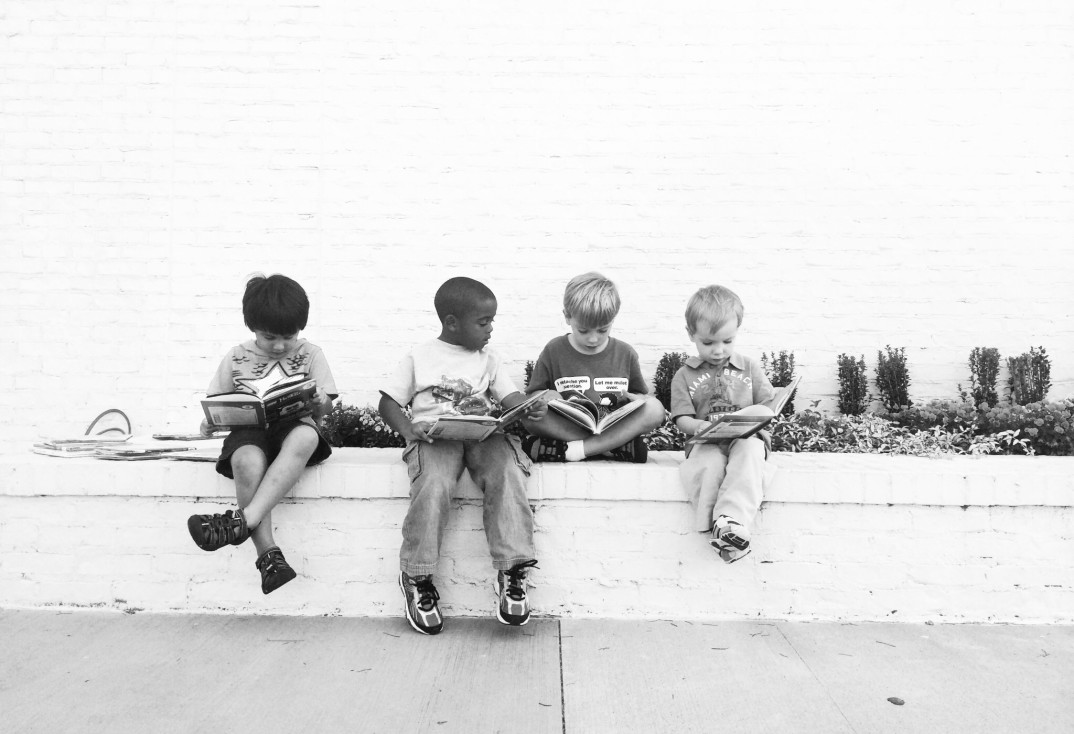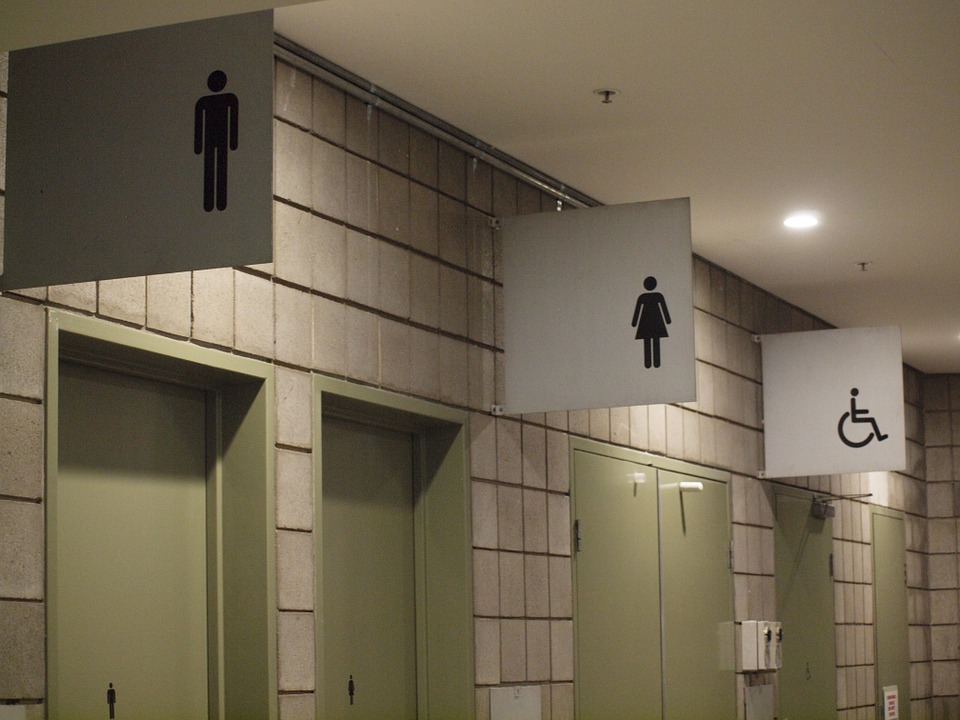What We’re Reading: September 24, 2015

More Food Banks Serve Hungry College Students (CNN)
Katie Lobosco
“They may be studying at high-priced institutions, but a growing number of U.S. college students rely on food pantries for their next meal.”
It’s Time to Get Serious about Reducing Food Waste, Feds Say (NPR)
by Allison Aubrey
“We consumers let a lot of food wilt or go sour in our refrigerators. And we may toss out items when they pass their sell-by dates — even though the food is still safe to consume.”
Ex-hedge funder buys rights to AIDS drug and raises price from $13.50 to $750 per pill (Raw Story)
by Tom Boggioni
“This is not the first time the fledgling pharmaceutical executive has come under scrutiny. He started the hedge fund MSMB Capital while in his 20’s and was accused of urging the FDA to not approve certain drugs made by companies whose stock he was shorting.”
Turn Food Waste into Ice Cream for Fun and Profit (The Plate)
Tracie McMillan
“When Obama administration officials announce the nation’s first-ever goals for reducing wasted food Wednesday morning, most people probably think of donating surplus food to charity. But a new study from researchers at the University of Pennsylvania, Drexel University and Cabrini College suggests that part of the solution might be a little more tasty—and profitable: House-made ice cream, freshly fried veggie chips, and smoothies.”
Extreme altruism: should you care for strangers at the expense of your family? (Guardian)
Larissa MacFarquhar
“Julia believed that because each person was equally valuable, she was not entitled to care more for herself than for anyone else; she believed that she was therefore obliged to spend much of her life working for the benefit of others.”
Hey, media: Those gentrifying neighborhoods had residents before the yuppies moved in (The Grist)
by Ben Adler
“The New York Times is being racist, classist, and colonialist when it writes about rich white people discovering off-the-radar neighborhoods.”
Check out these links related to our latest writing on The Prindle Post:
Sarah Ertelt: Alternatives to Incarceration: The Impact of Prison on the Black Community
—The Black Family in the Age of Incarceration (Atlantic)
by Ta-Nehisi Coates




